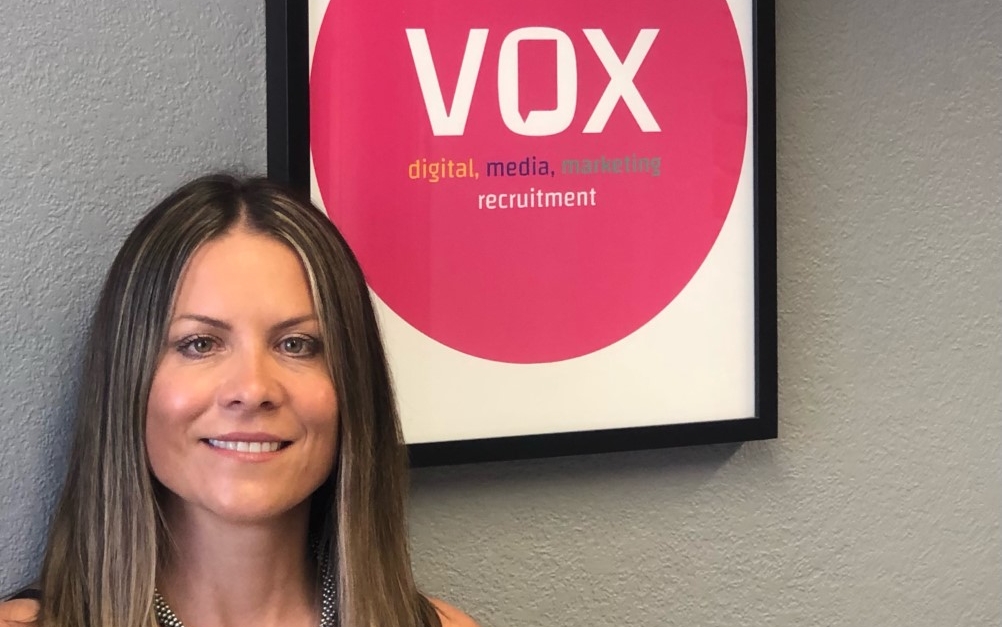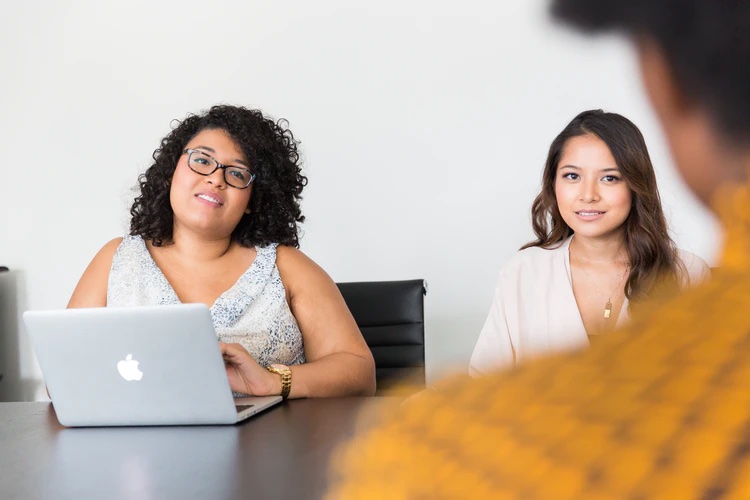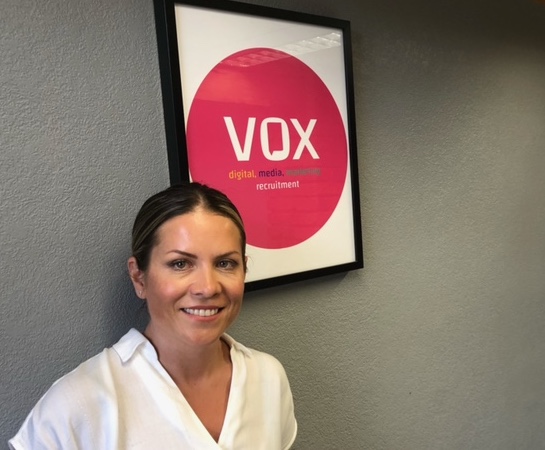So you’ve done all the hard work and finished your degree, you’ve updated and perfected your CV, applied for your dream job, and you get an invitation to an interview! Great news! But how can you make sure you do everything possible to impress, beat the competition and bag that job and start earning some money?
We spoke to Salford graduate and recruitment expert, Caroline McKee for her top tips for interview preparation.
Caroline McKee has 15 years of experience working in recruitment and has recently started her own business, Vox Recruitment.
Find out all of Caroline’s top tips in this blog and feel interview ready today!

“All too often we meet fantastic graduate candidates with so much potential, who unfortunately through making a few simple mistakes, can let themselves down at interview stage. We get it, it’s daunting, you may not have had a ‘serious’ job interview before, and don’t know what to expect. Hopefully with our top tips for interview, you can go in there feeling confident and prepared.”
In advance of the interview…

RESEARCH RESEARCH RESEARCH
We can’t stress how important this is. Interviews are a two- way process and in our opinion it is as much about a company impressing you, as you impressing them, but you can guarantee in 9/10 interviews you will be asked “why are you interested in working for us?”
You want to find out as much as possible about your potential employer. When were they established? How big are they? Where are their offices? What services/products do they offer? What is background of the person interviewing you? Are there press releases you can find?
Do they have social media pages that you can follow and get insight into the company culture, blogs and anything else they post?
KNOW YOUR CV.
Sounds basic but many interviewees fall down on this.
What date did you finish high school / start Uni / work in a part time job? Make sure you know your CV. Any gaps on your CV due to gap years, travelling or being out of work – make sure you can explain them.
Refresh your memory on how your skills and qualifications match the role you’re applying for. What are your achievements outside of your studies or working? Many interviewers will want to get a feel for your personality and interests and achievements outside of the workplace.
JOB DESCRIPTION
Were you sent a job description or is there a role profile on their website?
Read it, understand it and work out what areas of your CV best relate to it.
PLAN YOUR ROUTE
Where is the interview being held? Prepare the route you will take, work out what time you need to leave and add on at least 15 minutes. Being late for an interview can be awkward, sets the meeting off on the wrong foot and definitely best to be avoided if it can be helped.
DRESS CODE
This one can be tricky as company dress codes do vary more now than ever. Are you interviewing with a corporate company where they are likely to wear suits? If so, wear a suit. Is it a cool, quirky firm with a casual culture? They may like to see you in more of a smart casual attire.
Usually you will be told if this is the case. If in doubt, don’t be afraid to ask what the dress code is, or go smartly dressed – it’s always better to be over dressed than under.
SLEEP
Get a good night’s sleep, so that you wake up feeling refreshed and raring to go, never a good idea to go out boozing, or stay up late the night before.
QUESTIONS
Prepare questions you would like to ask them. Try to be unique and also ask some questions that will set you apart from the obvious ones such as “what training will I receive?”.
Ask them about the business, plans for growth – ultimately you want to show that you are interested in a future there.
You arrive at the interview on time and raring to go, how can you make sure you leave a good impression?

POSTIVE BODY LANGUAGE
Nice firm handshake (when post covid times allow of course), sit up straight and lots of eye contact – this will enable you to build good solid rapport with your interviewer.
INTERVIEW QUESTIONS
Listen to their questions carefully and answer them clearly and concisely, drawing on relevant experience or achievements.
TAKE NOTES
Don’t be afraid to take in a notepad to write down anything you learn in the interview, or the questions you want to ask. It shows you are prepared, serious and committed.
POSTIVE END
End the interview on a positive note, thank the interviewer for their time and tell them you’re interested in the role. Ask what the next steps are, or when you might hear from them.
I hope this advice helps you to make the best possible first impression. good luck with the job search!
If you’re interested in getting more career advice, check out our Graduate Voice blog all about how to find the perfect career after lockdown.

 GRADUATE VOICE
GRADUATE VOICE 
 Twitter
Twitter Facebook
Facebook Google+
Google+ LinkedIn
LinkedIn